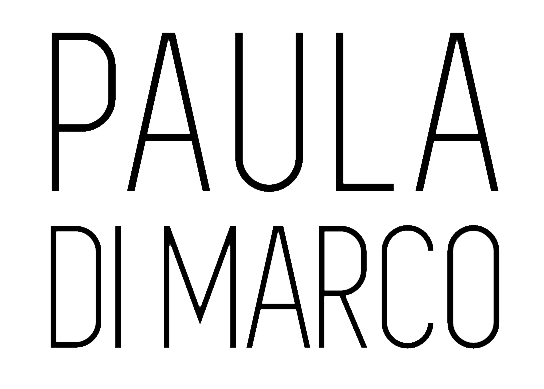When my partner, Alex, and I moved in together on January 15, 2021, I really thought that things were finally happening for me. We were in love and excited to start a life together, and we felt extremely lucky to find a house to rent that suited our lifestyle. Alex needed a garage to easily access the equipment to run his building maintenance business, and a room to use as his office. I wanted a room as well to create a multipurpose space that could function as my office and art studio. We were planning to set up a gym in the basement and build a skate ramp in the backyard. It was going to be awesome. But later that year, on June 3, Alex took his own life and everything changed.
Continue reading this blog on Substack at:
https://pauladimarco.substack.com/p/the-impact-of-secondary-losses-grief




Share: